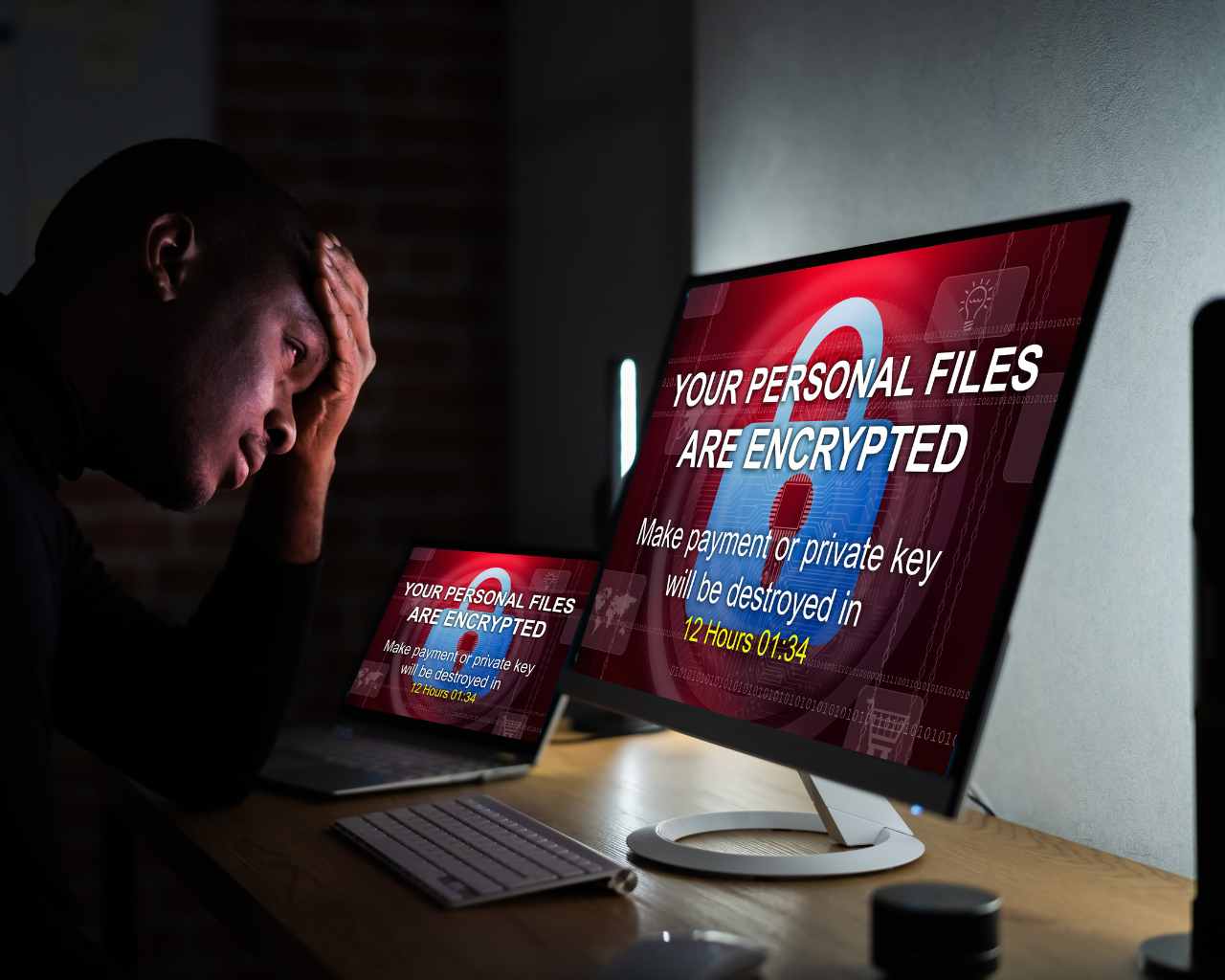IT Consulting | IT Support | Managed Services | New Jersey Computer Support Services

In light of recent global shifts, businesses worldwide have swiftly adapted to remote work policies, bringing about an unprecedented surge in cyber threats. One of the most menacing adversaries to remote work environments is ransomware, a malicious software that infiltrates computer systems, demanding payment for the restoration of access to critical data.
The repercussions of a ransomware attack can be severe, leading to the compromise of sensitive information, disruption of business operations, and incurring substantial recovery costs. Fear not, though! With the right protective measures, remote workspaces can fortify themselves against the escalating ransomware menace. Our experts have delved into the subject, unveiling some top-tier strategies to shield your remote work environment from the rising threat of ransomware.
Strong Passwords and Two Factor Authentication
When malevolent actors seek to breach systems and deploy ransomware, their primary targets are weak passwords. Password strength is paramount, and organizations must ensure that all employees create robust, complex passwords. Consider implementing two factor authentication to add an extra layer of security. Two factor authentication requires additional verification beyond a password, such as fingerprint authentication, facial recognition, an extra PIN, or even possession of a specific device. In today's landscape, two factor authentication is essential for ensuring compliance with diverse regulations and data protection laws.
Regularly Updated Systems and Software
Outdated software and systems are often more susceptible to cyber attacks. Regularly update all software and systems to ensure they benefit from the latest security patches and features. Outdated systems are more prone to security vulnerabilities that can be exploited with relative ease.
Software updates, which include patches and fixes, address known security issues, making it challenging for attackers to exploit weaknesses. Moreover, updated software may introduce new security features that act as a defense against emerging threats.
Employee Training
Human error remains a prominent cause of ransomware attacks, according to the Verizon Data Breach Investigations Report. Phishing attacks, in particular, are growing more sophisticated, with perpetrators impersonating real individuals to deceive targets. Regular training sessions for employees are crucial to ensure they are well-informed and vigilant.
For combating phishing attacks, we recommend adopting the following steps:
- Sender: Scrutinize the sender's email address.
- Links: Hover over links to verify their legitimacy before clicking.
- Attachments: Refrain from opening attachments from unknown sources or unexpected attachments.
- Message: Inspect the content for signs of bad grammar or misspellings.
Data Backups
With remote employees having unfettered access to company data, regular data backups have never been more imperative. By consistently backing up all data, organizations create a robust plan to mitigate the fallout from ransomware disasters . Instead of succumbing to ransom demands, organizations can work with Integrated Computer Services to back up data to secure, offsite locations, taking a significant step towards self-protection.
Incident Response Planning and Testing
Pause for a moment and ask yourself, "Does my organization have an incident response plan?" Establishing an incident response plan is a pivotal step in enabling your organization's cybersecurity team to detect, respond to, and recover from security incidents.
To assist your organization in this critical endeavor, our experts have crafted a comprehensive checklist covering the before, during, and after stages of an incident response plan. This checklist serves as a valuable tool to initiate internal discussions and establish a roadmap for success.
Looking for Protection Against Cyber Threats?
Ransomware threats cast a significant shadow over all organizations, and remote work environments stand out as particularly vulnerable targets. The heightened accessibility of endpoints offers hackers diverse avenues for exploitation. If you haven't already taken these protective measures, now is the time to implement robust password policies, ensure the regular updating of software and systems, conduct ongoing cybersecurity training, maintain comprehensive data backups, and diligently develop and test your incident response plan.
Remember, vigilance is your best defense against the mounting peril of ransomware attacks. For further assistance and specialized guidance, don't hesitate to reach out to Integrated Computer Services . They specialize in providing tailored solutions to fortify your digital defenses against evolving cyber threats.
-
Download our brochure to learn more about us
Download our company overview for more information about us
Download Brochure
We Offer:
- Microsoft Silver Certified Partner
- Dynamic Support | Managed IT
- Cloud Computing for Business





